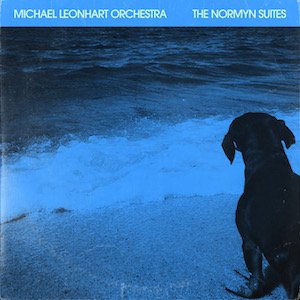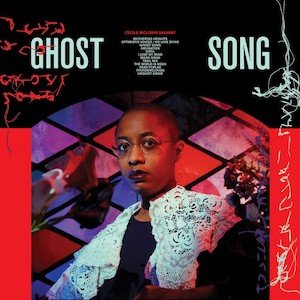Label: TAO Forms, 2022
Personnel - Mat Maneri: viola; Karl Berger: vibraphone; Michael Bisio: bass; Whit Dickey: drums.
This musical hook-up between American bassist Michael Bisio and long-time collaborators - violist Mat Maneri, vibraphonist Karl Berger, and drummer Whit Dickey - boasts eight finely arranged tracks that sputter in different directions plus one collective improvisation. The bassist has flashed a developed command of the bass throughout decades playing alongside pianist Matthew Shipp, saxophonist Joe McPhee, and more recently trumpeter/cornetist Kirk Knuffke, among others.
MBefore starts off with Bisio’s “AC 2.0 (revised)”, an open-ended freeway in which viola and vibraphone hang loose. Are they competing for a specific place or just rambling over the rhythmic net? Arco bass incisions probe high and low pitches within an atmosphere that also include hushed moments. Maneri reiterates a question-and-answer-like phrase at the end.
Some explorations feel monochromatic, denoting some more ambivalence in the direction. Among them are two Bisio numbers: “Intravenous Voice”, which is imbued with a strange lyricism; and “r.henri”, whose wistful, fuzzy tones deviate from the realistic portraiture of painter Robert Henri, to whom the song is dedicated. The peaceful melodicism and minimalistic approach in Berger’s ballad “Still” also fit here, never allowing that sense of uncertainty to fade.
Bisio’s “Sea V 4 WD” is a showcase for Dickey’s explorative treatment of skins and cymbals on the drum kit, while Berger’s “Crystal Fire” swings unabashedly after a theme statement that copes with sharpness. The vibraphonist navigates the walking bass trajectories with true melodic intention, and then is Bisio who improvises before the return of the main theme. Although displaying an increase of brilliant flashes that prove the quartet as cohesive, the latter piece doesn’t reach the warmth of the ballad standard “I Fall in Love Too Easily”, which works here as a true balm in times of trouble. Maneri’s weeping viola is beautiful, and the comping consists of brushed drums, harmonically defined bass progressions, and sparse vibes. Even if only selected tracks transcend, MBefore not only demonstrates Bisio’s rhythmic skills and love for explorative avant-jazz, but also the rapport he enjoys with these solid peers.
Favorite Tracks:
01 - AC 2.0 (revised) ► 03 - Crystal Fire ► 04 - I Fall in Love Too Easily








































